NOAA : Weather-Ready Nation
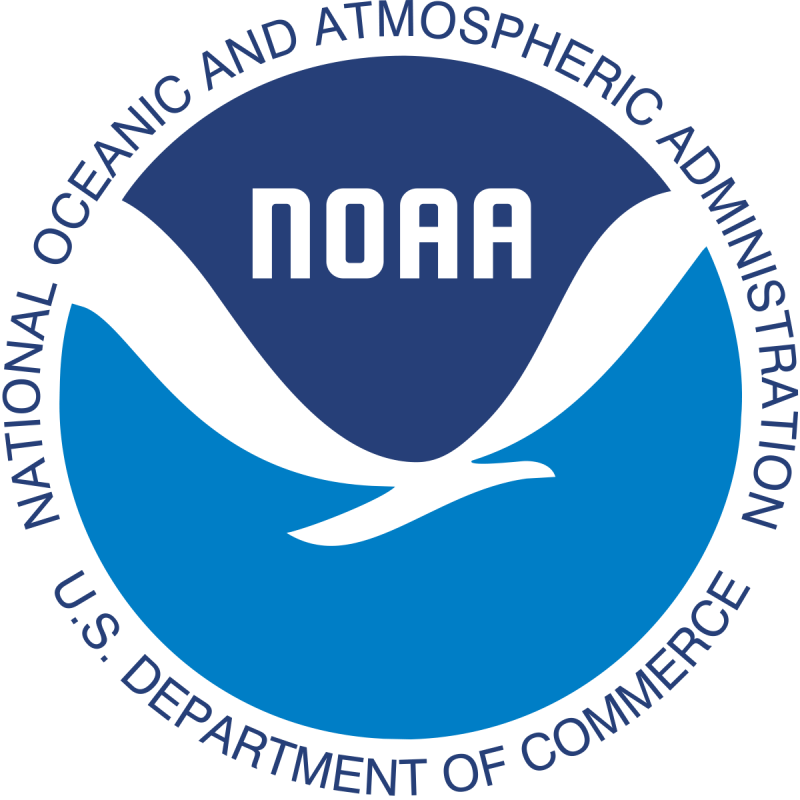
NOAA’s Weather-Ready Nation is about readying your community for extreme weather, water, and climate events. NOAA’s hub for all educational and informative material about weather and a changing climate.
- Primary Topic: Climate Change
- Sub Topic: Encourage Resilient Action, Flooding, Flooding Prevention, Local Resource, Weather, Weather & Natural Disasters
- Grade Level: Elementary School, High School, Middle School
- Resource Type: Background Information or Research, Downloadable Map, Interactive Map, Video
- Program Type: In School Program
NOAA : People of Weather-Ready Nation: Garry Harris, Center for Sustainable Communities–Atlanta

NOAA’s Weather-Ready Nation initiative is about building community resilience in the face of increasing vulnerability to extreme weather and water events.
In People of Weather–Ready Nation, we sit down with some of the people responsible for building a WeatherReady Nation. We recently talked to Garry Harris, the Managing Director for the Center for Sustainable Communities–Atlanta and President of the Sustainability Solutions Group.
- Primary Topic: Climate Change, Marine Education
- Sub Topic: Encourage Resilient Action, Flooding, Flooding Prevention, Resilience, Weather, Weather & Natural Disasters
- Grade Level: High School, Middle School
- Resource Type: Background Information or Research, Case Study
- Program Type: Community Outreach
UCAR Center for Science Education : GLOBE Weather
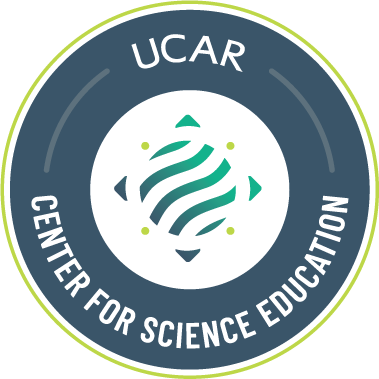
Explore weather phenomena with GLOBE Weather! Developed to directly address Next Generation Science Standards, this FREE five-week curriculum unit is designed to help middle school students understand weather at local, regional, and global scales. By using a storyline instructional approach, students progressively move through the lessons while exploring questions and discovering answers that lead to more questions and opportunities to learn more.
- Primary Topic: Climate Change
- Sub Topic: Encourage Resilient Action, Flooding, Flooding Prevention, Resilience, Weather
- Grade Level: Middle School
- Resource Type: Activity, Background Information or Research, Educational Programs, Educator Guide, Lesson Plan
- Program Type: In School Program
Ocean Exploration : Learn About Marine Animals

This resource provides detailed background information on different marine animals. You’ll find animals with shells, animals that look like plants, and even animals that are mammals.
- Shellfish
- Corals
- Marine Mammals
- Sea Turtles
- Fish
- Sea Birds
- Sharks & Rays
- Primary Topic: Marine Education
- Sub Topic: Ecology, Encourage Resilient Action, Water Quality & Pollution
- Grade Level: Elementary School, High School, Middle School
- Resource Type: Background Information or Research
Project Learning Tree : GreenSchools Investigations
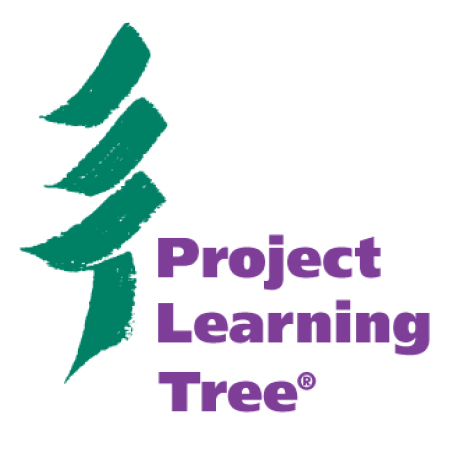
Five hands-on, student-driven investigations are at the heart of the PLT GreenSchools program. Using critical thinking and problem-solving skills, students will analyze their school’s energy, water, school site, waste and recycling, and environmental quality.
- Primary Topic: Climate Change, Reduce Carbon Footprint
- Sub Topic: Capture & Reuse Rainwater, Conservation, Ecology, Encourage Resilient Action, Flooding, Flooding Prevention, Renewable Resources/Energy Conservation, Resilience, Water Quality & Pollution, Wetlands
- Grade Level: Elementary School, High School, Middle School
- Resource Type: Activity, Background Information or Research, Educational Programs, Educator Guide, Educator Professional Development, Lesson Plan, Student Action Plan
- Program Type: Beyond the Classroom Program, In School Program
UCAR Center for Science Education : Hurricane Resilience Lesson Plan

Hurricane & Sea Level Rise Resilience is a high school environmental science curriculum for use in coastal locations where hurricanes are common. Through 20 days of instruction, students make connections between the science of hurricanes, how they affect their community and region, and how we can plan for a more resilient future. Making local connections, students develop an understanding of:
- the risks that their community faces now and in the future due to hurricanes and tropical storms
- how sea level rise increases the risk
- how our actions can help us be less vulnerable and more resilient
The curriculum unit aims to empower high school students to have a voice in resilience planning and understand the relationship between the science of hurricanes and the local impacts these storms have on people and places.
- Primary Topic: Climate Change, Sea Level Change
- Sub Topic: Capture & Reuse Rainwater, Encourage Resilient Action, Flooding, Flooding Prevention, Resilience, Weather & Natural Disasters
- Grade Level: High School
- Resource Type: Activity, Background Information or Research, Case Study, Dataset, Downloadable Map, Interactive Map, Lesson Plan, Student Action Plan, Video
- Program Type: Beyond the Classroom Program
NOAA : Resilient Community Coloring Sheet

NOAA’s Community Resilience Education Theory of Change strives to provide a framework for how K-12 formal and informal education projects are critical to building community resilience against extreme weather, climate change, and other environmental hazards. With this new coloring page, you can explore some of the ways communities can become more resilient.
- Primary Topic: Climate Change, Marine Education, Reduce Carbon Footprint, Sea Level Change
- Sub Topic: Capture & Reuse Rainwater, Conservation, Ecology, Encourage Resilient Action, Flooding, Flooding Prevention, Local Resource, Renewable Resources/Energy Conservation, Resilience, Water Quality & Pollution, Weather & Natural Disasters, Wetlands
- Grade Level: Elementary School, Middle School
- Resource Type: Activity, Background Information or Research
National Environmental Education Foundation : Environmental Education Resources
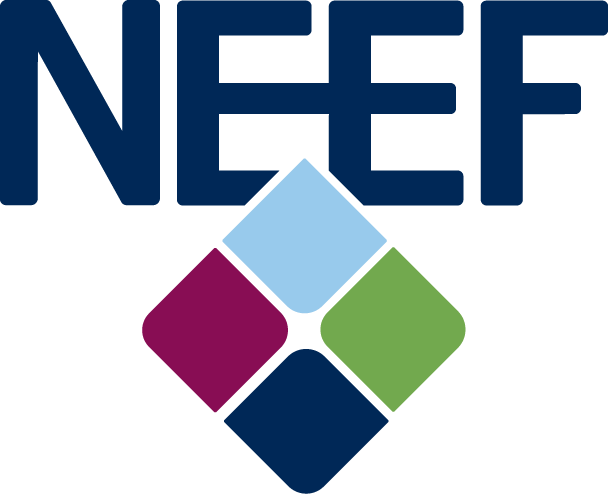
Greening STEM Biodiversity Activities For The Classroom
Learn about biodiversity with resources developed by NEEF and the Frost Museum of Science for implementation in virtual classrooms.
- Primary Topic: Climate Change
- Sub Topic: Capture & Reuse Rainwater, Chesapeake Bay Watershed, Conservation, Ecology, Encourage Resilient Action, Flooding, Local Resource, Renewable Resources/Energy Conservation, Water Quality & Pollution
- Grade Level: Elementary School, High School, Middle School
- Resource Type: Activity, Background Information or Research, Educator Guide, Lesson Plan, Student Action Plan
- Program Type: Beyond the Classroom Program, In School Program
Chesapeake Bay Program : Take Action to Help Protect the Bay
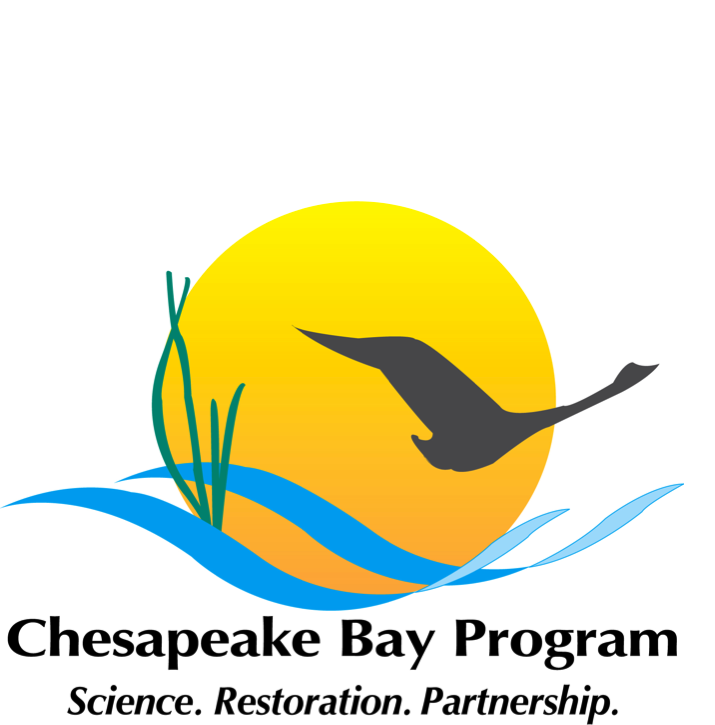
Our everyday actions—from fertilizing our lawns to driving our cars—have a significant impact on the Bay. But by making simple changes in our lives, each one of us can take part in restoring the Bay and its rivers for future generations.
- Primary Topic: Climate Change, Reduce Carbon Footprint
- Sub Topic: Capture & Reuse Rainwater, Chesapeake Bay Watershed, Conservation, Encourage Resilient Action, Local Resource, Renewable Resources/Energy Conservation
- Grade Level: Elementary School, High School, Middle School
- Resource Type: Activity, Background Information or Research, Educational Programs, Student Action Plan
- Program Type: Community Outreach
Solar United Neighbors : SUN Patch Program for Girl Scouts & Boy Scouts
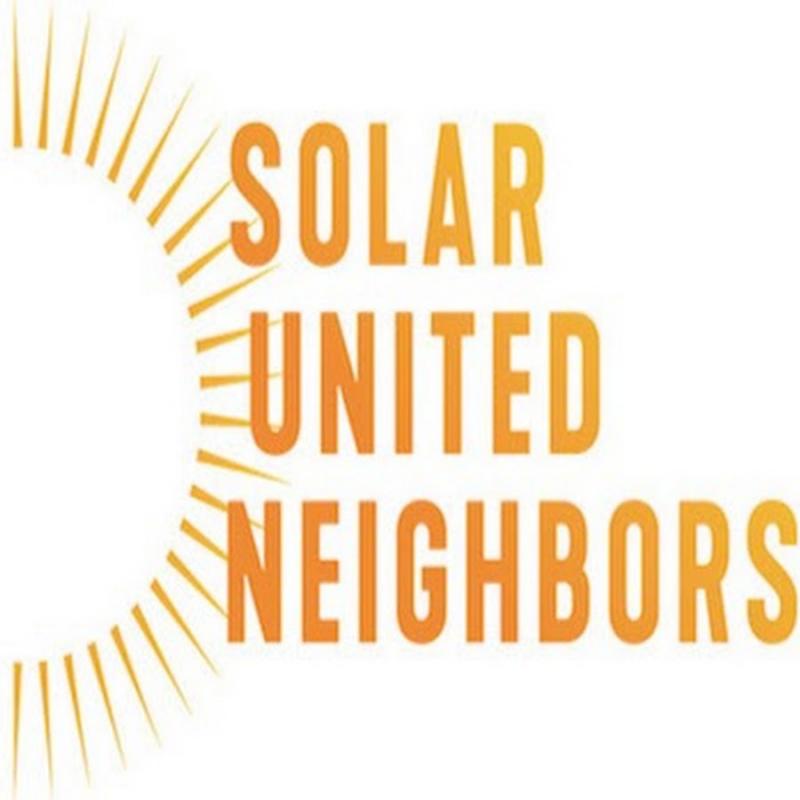
Scouts of all ages can learn about how solar works, discover solar energy at work around them, and become solar ambassadors to help grow solar in their communities.
- Primary Topic: Reduce Carbon Footprint
- Sub Topic: Encourage Resilient Action, Local Resource, Renewable Resources/Energy Conservation, Solar Programs
- Grade Level: Elementary School, High School, Middle School
- Resource Type: Activity, Background Information or Research, Educational Programs
- Program Type: Scout Badge Opportunity
National Wildlife Federation : EcoSchools U.S.
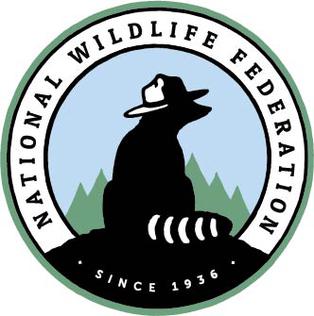
EcoSchools U.S. offers a certification program for elementary through secondary schools that nurtures environmental learning and climate action. Our award-winning, curriculum-linked framework supports school communities as they assess, track, benchmark, and celebrate environmental excellence. We are the exclusive national operator of the EcoSchools program in the United States, and a member of the international network of EcoSchools, coordinated by the Foundation for Environmental Education.
- Primary Topic: Reduce Carbon Footprint
- Sub Topic: Capture & Reuse Rainwater, Conservation, Encourage Resilient Action, Local Resource, Renewable Resources/Energy Conservation, Weather & Natural Disasters
- Grade Level: Elementary School, High School, Middle School
- Resource Type: Activity, Background Information or Research, Educator Guide, Lesson Plan, Student Action Plan
Virginia Zoo : School & Group Programs

All programs are age-appropriate and complement the Virginia Standards of Learning along with curriculum requirements in North Carolina and for private schools. Scouts can also complete certain badge requirements!
- Primary Topic: Climate Change, Reduce Carbon Footprint
- Sub Topic: Conservation, Ecology, Encourage Resilient Action, Local Resource
- Grade Level: Elementary School, High School, Middle School
- Resource Type: Activity, Educational Programs
- Program Type: Field Trip, Scout Badge Opportunity
Virginia Institute of Marine Science : BRIDGE Ocean Science Education : Teacher Center

A database of professional development opportunities related to marine science education. Includes Professional Organizations, Summer Opportunities, Courses and Workshops, and Grants and Awards.
- Primary Topic: Climate Change, Marine Education
- Sub Topic: Capture & Reuse Rainwater, Chesapeake Bay Watershed, Conservation, Ecology, Encourage Resilient Action, Flooding Prevention, Local Resource, Renewable Resources/Energy Conservation, Water Quality & Pollution
- Resource Type: Educator Professional Development
- Professional Development Type: Teacher/Training Workshop
askHRgreen : Environmental Education Mini-Grants

HRgreen offers environmental education mini-grants of up to $500. The mini-grant program is intended to provide funding for environmentally-themed projects and may be used to fund a portion of or an entire project. All Hampton Roads school teachers (K-12), youth leaders, or organizations working with youth are eligible to apply.
- Primary Topic: Reduce Carbon Footprint
- Sub Topic: Capture & Reuse Rainwater, Chesapeake Bay Watershed, Conservation, Encourage Resilient Action, Flooding Prevention, Local Resource, Water Quality & Pollution
- Grade Level: Elementary School, High School, Middle School
- Resource Type: Educator Guide, Educator Professional Development
- Professional Development Type: Grants
Virginia Aquarium : Scout Programs & Events
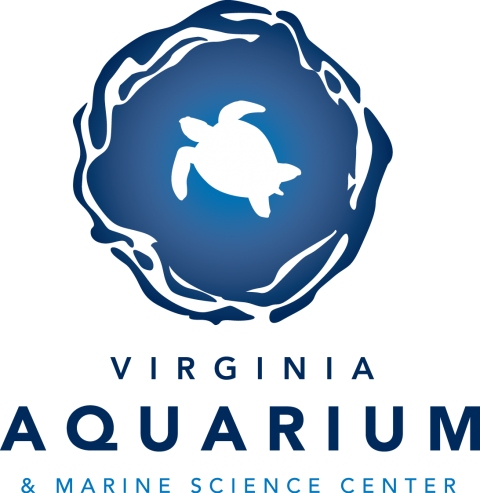
Complete with nighttime hikes on the Nature Trail, behind-the-scenes tours, science activities, and animal encounters, scout troops are invited to discover the Aquarium after hours for an unforgettable experience.
- Primary Topic: Marine Education
- Sub Topic: Chesapeake Bay Watershed, Conservation, Ecology, Local Resource, Water Quality & Pollution, Weather & Natural Disasters
- Grade Level: Elementary School, High School, Middle School
- Resource Type: Activity, Background Information or Research, Educational Programs
- Program Type: Scout Badge Opportunity
Nauticus : Youth Programs
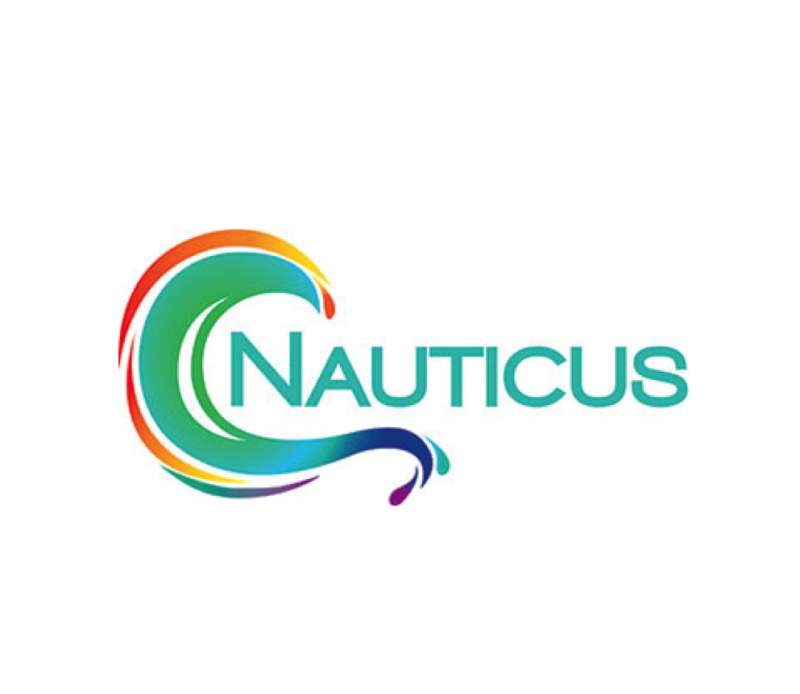
Nauticus is full of expert educators who share your commitment to inspiring young minds and connecting with classroom curricula through engaging hands-on STEM programs and providing insight into STEM and maritime careers.
- Primary Topic: Marine Education
- Sub Topic: Chesapeake Bay Watershed, Conservation, Ecology, Encourage Resilient Action, Flooding, Local Resource, Water Quality & Pollution, Weather & Natural Disasters
- Grade Level: Elementary School, High School, Middle School
- Resource Type: Activity, Background Information or Research, Case Study, Educational Programs
- Program Type: Field Trip
Norfolk Botanical Garden : School Field Trips

Schedule your class, grade level, school, or summer camp to complete a self-guided or guided learning experience during your next visit to Norfolk Botanical Garden! All of our activities are Virginia SOL-aligned and are a great way to introduce students in grades Pre-K – 12 to concepts relating to nature, botany, ecology, and environmental science!
- Primary Topic: Reduce Carbon Footprint
- Sub Topic: Capture & Reuse Rainwater, Conservation, Ecology, Flooding Prevention, Food Production, Local Resource
- Grade Level: Elementary School, High School, Middle School
- Resource Type: Activity, Educational Programs, Lesson Plan
- Program Type: Field Trip
Lynnhaven River Now : Climate Change
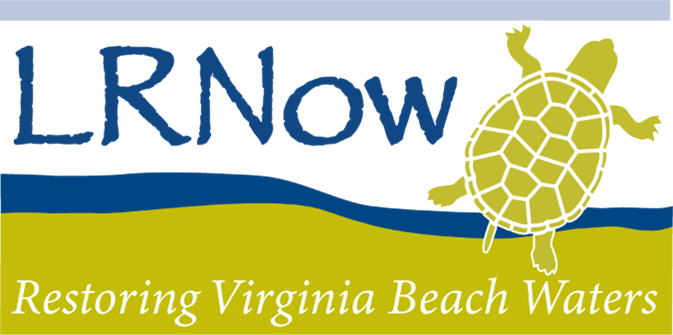
Information and links to troves of information on climate change work in Hampton Roads. View local resiliency efforts and learn what you can do to become part of the solution!
- Primary Topic: Climate Change, Marine Education, Reduce Carbon Footprint, Sea Level Change
- Sub Topic: Capture & Reuse Rainwater, Chesapeake Bay Watershed, Conservation, Ecology, Encourage Resilient Action, Flooding Prevention, Local Resource, Renewable Resources/Energy Conservation, Resilience, Solar Programs, Water Quality & Pollution, Weather & Natural Disasters, Wetlands
- Grade Level: Elementary School, High School, Middle School
- Resource Type: Activity, Background Information or Research, Case Study, Educator Guide, Resilience Report, Student Action Plan
- Program Type: Beyond the Classroom Program, Community Outreach
Hampton Roads Transit : Student Freedom Pass
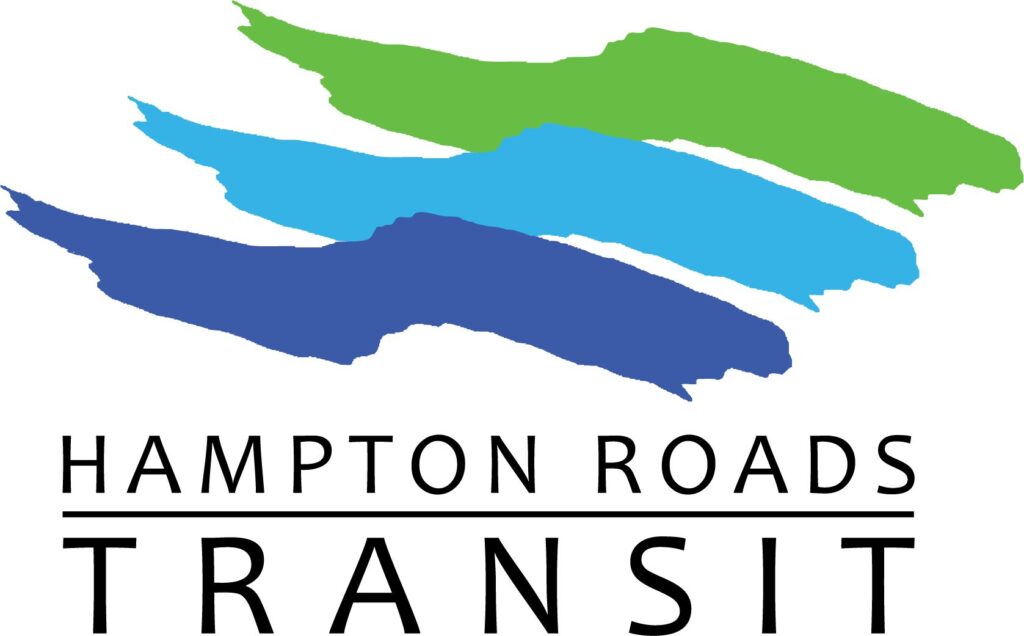
Reduce greenhouse gas emissions by getting a Student Freedom Pass for alternate transportation! The Student Freedom Pass provides people ages 13-17 years old with unlimited free rides on Hampton Roads Transit’s bus, ferry, and light rail services. Service is available in the cities of Chesapeake, Hampton, Newport News, Norfolk, Portsmouth, and Virginia Beach. In all cases, the Student Freedom Pass will expire two months after the student’s expected high school graduation date, or the 18th birthday, whichever is later.
- Primary Topic: Reduce Carbon Footprint
- Sub Topic: Chesapeake Bay Watershed, Conservation, Encourage Resilient Action, Local Resource, Renewable Resources/Energy Conservation
- Grade Level: High School, Middle School
- Resource Type: Activity, Educational Programs
- Program Type: Community Outreach
Solar United Neighbors : Virginia Solar Advocacy
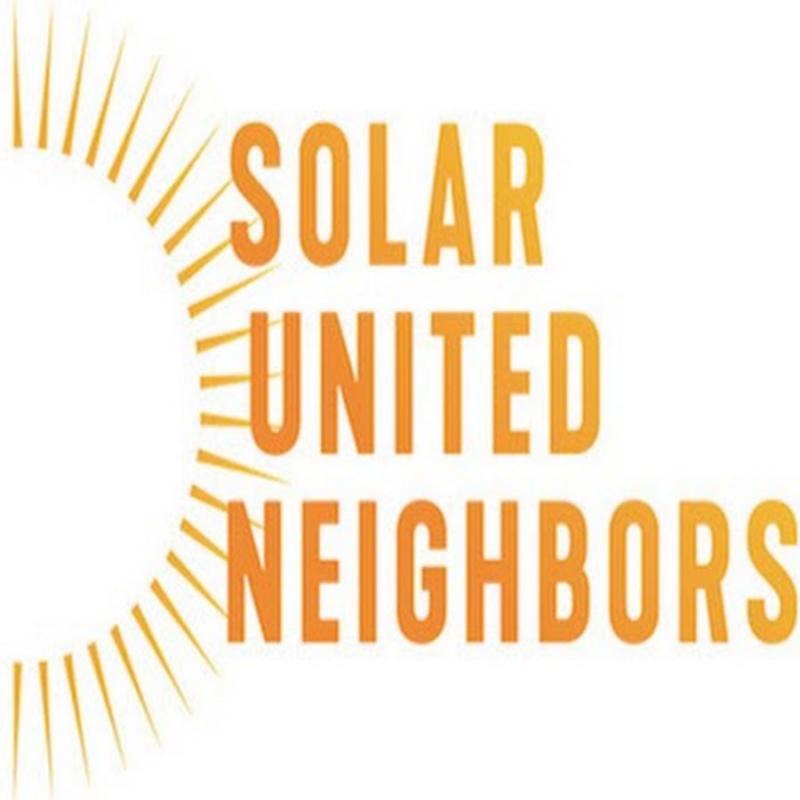
Learn how to take positive action in solar advocacy in your local community. Background information and research from Solar United Neighbors.
- Primary Topic: Reduce Carbon Footprint
- Sub Topic: Encourage Resilient Action, Local Resource, Renewable Resources/Energy Conservation, Solar Programs
- Grade Level: High School, Middle School
- Resource Type: Activity, Background Information or Research, Educational Programs, Student Action Plan
- Program Type: Beyond the Classroom Program